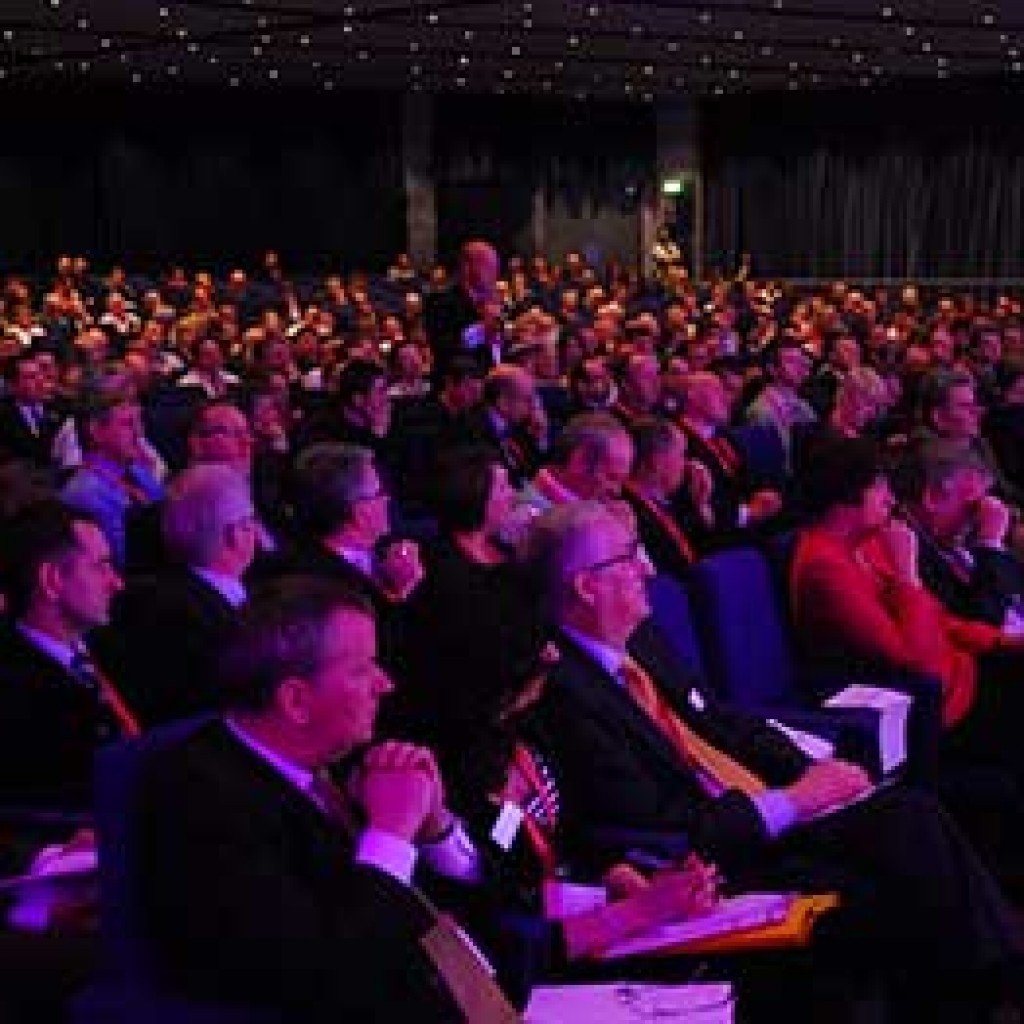 Gig economy workers, temps and workers on zero-hours contracts report receiving fewer protections for their health and wellbeing at work than their permanent, full-time colleagues, according to findings from a survey published today by the Institution of Occupational Safety and Health (IOSH).
Gig economy workers, temps and workers on zero-hours contracts report receiving fewer protections for their health and wellbeing at work than their permanent, full-time colleagues, according to findings from a survey published today by the Institution of Occupational Safety and Health (IOSH).
The Institution’s research of 500 non-permanent workers, delivered by Opinium, discovered 64% of people in ‘gig economy’ jobs worked without sick pay, and 43% without holiday pay. Only a third of non-permanent workers had access to occupational health support, compared to more than half (54%) of their permanent colleagues.
The study, which was launched to coincide with a discussion of the topic at this year’s IOSH conference, also found a quarter of respondents are working unpaid overtime and 53% received a full induction process, including fire exits, compared to two-thirds of their full-time, permanent co-workers.
Day one agreement
Matthew Taylor, who reported on modern working practices to the government last year, backed IOSH’s call for a ‘day one agreement’ between employer and non-permanent worker that includes a pledge to protect the worker’s health and wellbeing.
IOSH director of strategic development, Shelley Frost, said: “Workplace health risks don’t discriminate according to your employment status. When you think of work-related stress, fire risk – these are all posing the same threat to permanent and non-permanent workers.
“There shouldn’t be discrepancies between permanent employees and non-permanent workers in employers’ measures to safeguard their safety, health and wellbeing.
“When it responds to the Taylor Review, we want the Government to consider these findings and the very real health risks faced by workers outside of permanent, full-time employment.
“We would welcome up-front agreements between employers and non-permanent workers that set out the same level of care for their health and wellbeing as permanent employees, and linked to their role.”
Cowboys
Mr Taylor, who is also Royal Society of Arts CEO and ex-adviser to former PM Tony Blair, said there ‘are cowboys, there’s bad practice’.
He said: “What’s happening is that people don’t think enough or care enough that flexible workers are covered.”
“This survey demonstrates that there should not be any barriers to flexible workers enjoying the same standards of safety and health as their permanent colleagues. Often it is as much down to the carelessness or thoughtlessness of the employer.”
Gig worker experience
MA student and gig worker Steph Hartland, 21, said: “My current company provides excellent training and really make sure that you are able to do your job well before you start, they encourage you to provide feedback on your clients to make sure it’s a positive working experience for everyone involved. They also host Christmas parties, which means you really get to know them well, which creates really positive working relationships.
“By contrast my previous employer really just didn’t care, they made me feel like just a piece in a puzzle, they were totally disconnected from their staff, and really made you feel awful. After I was forced to work with the noro-virus, and had to go home, for a long time after they didn’t give me anymore work.”
Advance your career in health and safety
Browse hundreds of jobs in health and safety, brought to you by SHP4Jobs, and take your next steps as a consultant, health and safety officer, environmental advisor, health and wellbeing manager and more.
Or, if you’re a recruiter, post jobs and use our database to discover the most qualified candidates.

